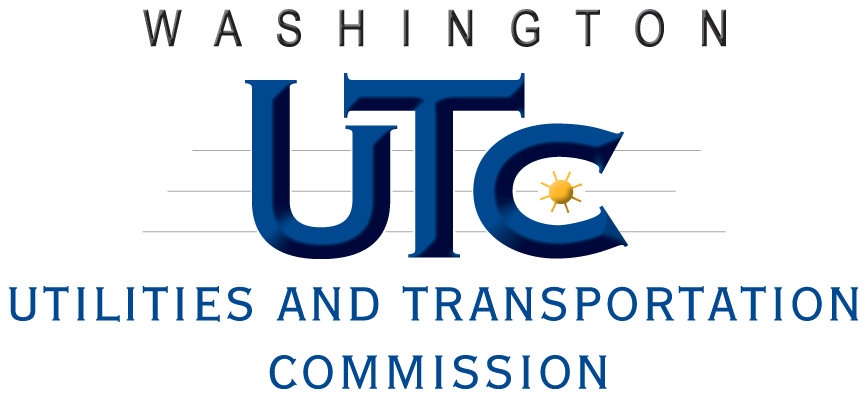Washington UTC Proposing New PURPA Rules and Seeking Comments
On March 14, 2018, a year after initially announcing its intent to review Washington’s rules under the Public Utility Regulatory Policies Act (“PURPA”),  the Washington Utilities and Transportation Commission (“UTC”) issued a notice proposing new PURPA rules and seeking comments. Written comments are due by April 13, 2018, and the UTC will hold a public workshop on the proposal on May 14.
the Washington Utilities and Transportation Commission (“UTC”) issued a notice proposing new PURPA rules and seeking comments. Written comments are due by April 13, 2018, and the UTC will hold a public workshop on the proposal on May 14.
The new rules, characterized as an “informal draft,” would substantially revise the UTC’s existing policies. The rules would require Washington’s regulated utilities to file tariffs with standard-offer rates for projects with a capacity of 7 MW or less, with a contract term of 15 years for new facilities and 10 years for existing facilities. Avoided cost rates would be based on the avoided costs documented in the utility’s integrated resource plan, although avoided costs could be adjusted to reflect the supply characteristics of different technologies, so baseload generation likely would be priced differently than peak generation. Rates would also include differentiated energy and capacity values.
The UTC will also consider a “Joint Recommendation“ representing a resolution of many contentious PURPA issues that was filed by Puget Sound Energy, the Northwest & Intermountain Power Producers Coalition, and several environmental and renewable energy advocacy groups. The Joint Recommendation would provide for a slightly smaller threshold – 5 MW – for standard avoided cost rates, and would add a number of refinements and clarifications to the UTC’s draft proposed rules.
If adopted, the new rules are likely to stimulate significant activity in Washington’s renewable energy industry because they will provide greater certainty and more financeable terms than the existing rules. It is reasonable to anticipate that Washington will see substantially greater activity in the PURPA arena than it has seen in the past, where only a handful of projects have been developed in the state, far behind the pace of development in neighboring states with more robust PURPA policies.